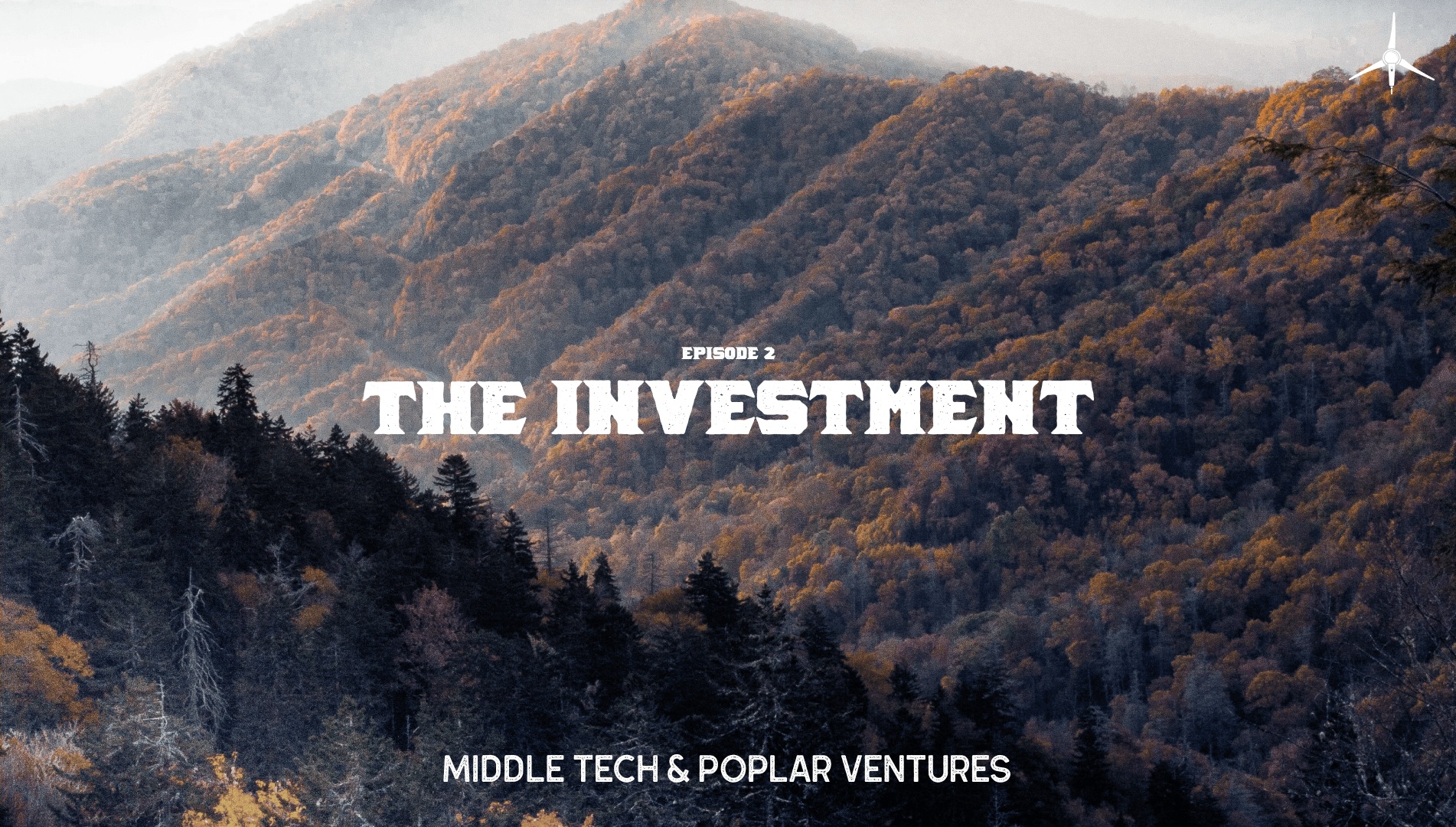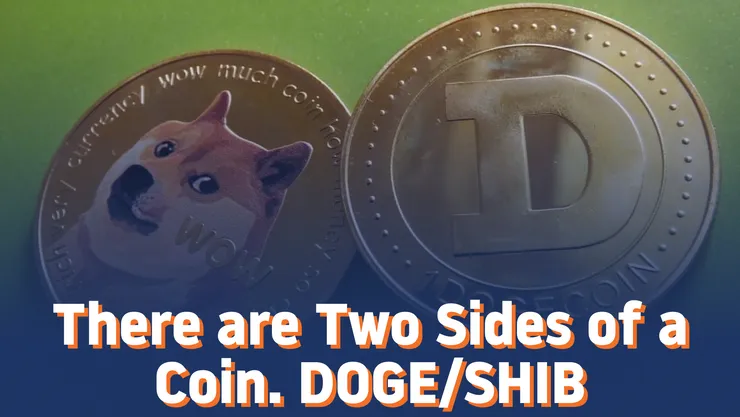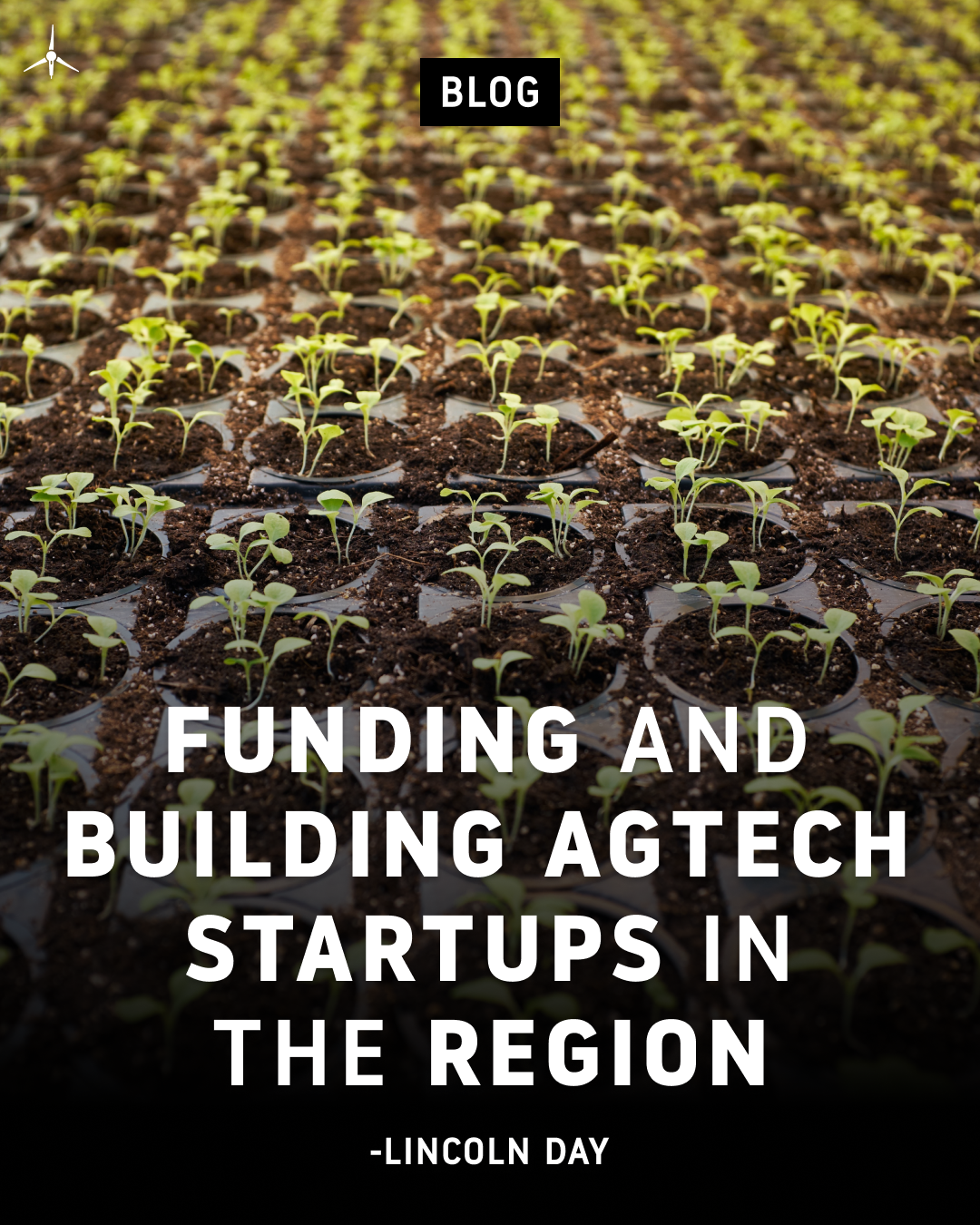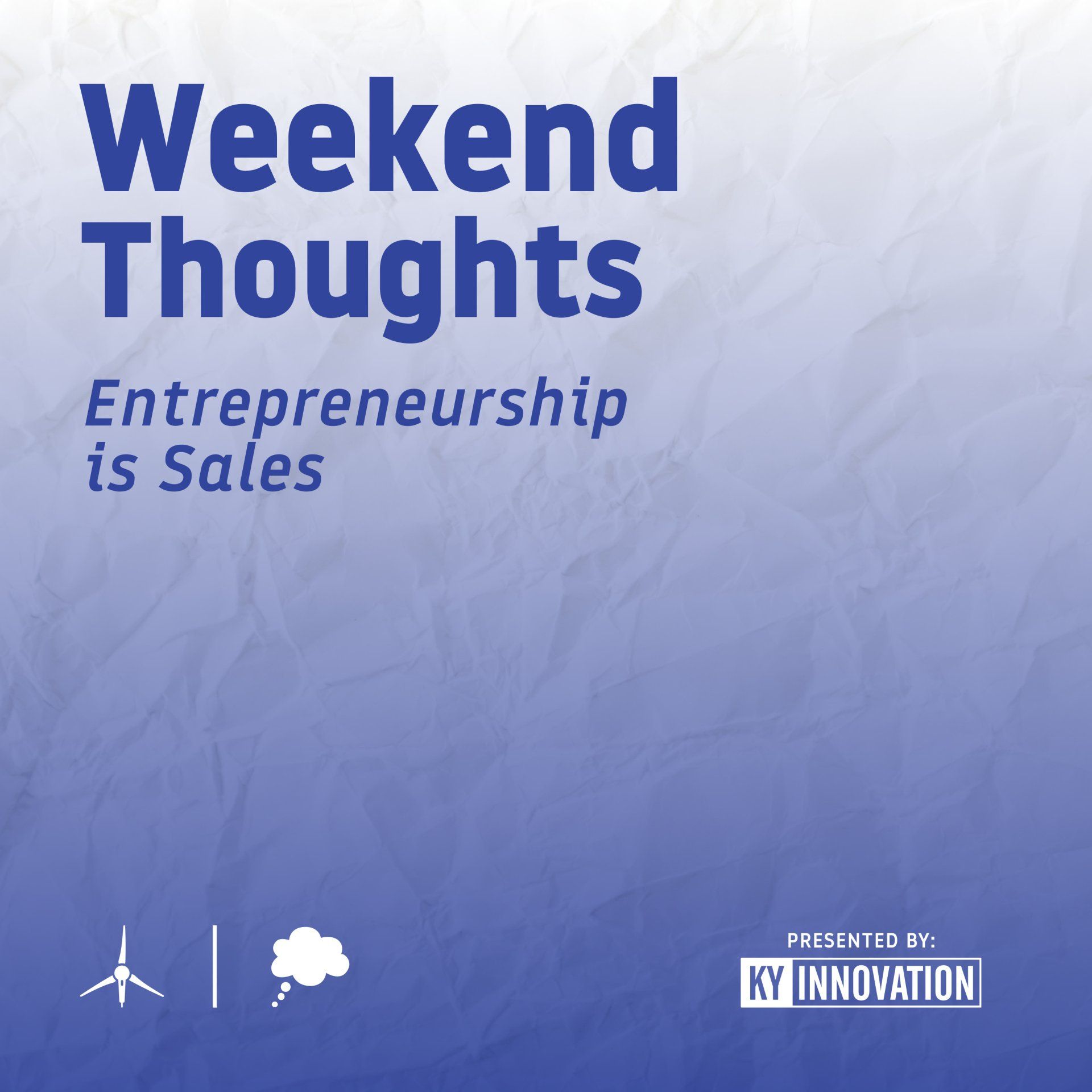The Startup Fundraising Journey: The Investment

As you heard in the first installment “The Hunt,” there is a lot to think about when it comes to getting a VC’s attention and maintaining that attention long enough to get to a term sheet. You have to be capable of building a network, doing cold outreach, communicating your idea effectively, and gathering the correct data that shows them you are worth their time; however, getting their attention and time is just the beginning. If their due diligence shows you are someone worthy of an investment, a term sheet is going to be given to you and things get serious. In this installment named “The Investment,” we cover what happens once you get a term sheet. We’ll walk you through what goes into a company’s valuation, what kind of additional due diligence is necessary, and what the approval process looks like to move forward with the investment. This stage of the process is often the one entrepreneurs know the least about, so we hope to provide an inside look into how to prepare for this stage of the process.
Below, we’ve highlighted some of the key parts of the conversation. The full podcast is available through our episodes page HERE or your go-to streaming platform. Just search Middle Tech.
To help provide transparency into the mind of a venture capitalist and the process of arriving at a term sheet, John immediately gave insight into how a venture capitalist thinks about investing and some of the mental exercises they go through. I found this part to be particularly useful. Being able to understand a potential investor’s point of view and mentality is very important when you head into a negotiation. John made it clear that investors are in it for the long run and are always working to generate a return for their investors. They have an obligation to produce some kind of return for the investors in their fund. In order to get those returns, John focuses on understanding the business and the value it produces. John says, “When we're looking at an individual investment, I'm less worried about the specific multiple. What I'm really trying to understand is do I feel like I have a good grasp of what the business is? Do I feel like I have a good understanding of how to value the business? What does the value need to be for me to get to that return?”
Those returns come from an increase in revenue over time. “So over some period of time, do I believe that this business can go from a five million dollar revenue business today to a hundred million dollar revenue business in 10 years? Now, you look at the market comparables. You look at the operating metrics of the business and you put a valuation on that business.” If the VC feels they have conviction on the business and it’s future value, they offer a term sheet that contains the amount of money they are willing to invest, the percentage of the business they want to own, and the valuation of the business.
This conversation naturally led to the question of whether or not there is room for negotiation and the response was “It just depends on the investor and the company and if the company has alternatives. If you've got a competitive process where you’ve got more than one investor investing, that's the best way for an entrepreneur to make sure that they're getting both fair price and best price. You're basically trying to mutually come to terms on something that will work for both parties. The investor wants the entrepreneur to be motivated and wants them to be focused on the business and wants them to be happy with the opportunity that's in front of them. And I think on the flip side, the investor needs to feel like they're in a good spot that they can generate a return for their investors. So it's a balance and it's OK. I don't have a problem if an entrepreneur pushes back on valuation.”
When the term sheet is mutually agreed upon, another round of due diligence is performed. This round is more detailed and the goal is to look under the covers for any surprises that didn’t come up. Christian says, “We go into confirmatory due diligence, meaning we're looking underneath the covers trying to figure out were there things that you didn't tell us? Were you in a lawsuit three years ago? So it really centralizes around three or four functional areas. Legal and financial. So accounting, running your books, making sure there's no taxes, no tax liabilities or anything like that. And technology due diligence. And then you run into an operational and management team, due diligence. So we're doing a lot of reference checks. So calling customers, making sure that they're talking the same way. So that's the kind of stuff that you're really trying to confirm. Make sure that all the statements that went up to a term sheet are true and accurate.”
John stresses that entrepreneurs have to disclose everything and communicate to the best of their ability because things can certainly go sideways if there are surprises. He said, “I'll say to entrepreneurs, this is really, really important. Do not surprise your investors! OK. Tell them everything and let them get to a decision that they want to invest. Do not let them be surprised. Number one, it'll kill a deal. Right. And then if it happens post the investment, now your relationship is off to a really bad start.” When asked what he has seen surprise him or catch him off guard in the past, John said the most common miscommunication is around the potential of the business and an overly optimistic sales pipeline. “Be honest about what you're doing and allow the natural process to take place where you can get to get the terms that everybody's comfortable with” he says.
So how long does this whole funding process take? Christian said 4-6 months and John said it could be faster than that. It really comes down to how fast the entrepreneur wants to move and how difficult the deal is.
To end the conversation, John discussed the thrill of being involved in venture deals and how he enjoys the journey that includes not only closing the deal and the exit of that company but the entire lifecycle of the company. He said, “Ultimately, the best part is the actual journey, to be honest with you. It's like, OK. I like this business. I like this entrepreneur. I like this team. I want to get in. I want to help them. And I want to grow that business. And so we make that investment. It's all about the work from there. And trust me, every single investment has a problem or multiple problems. And you're gonna have to fight through it and you gotta figure it out.” The next installment is about exactly that. In the final installment titled The Partnership, we cover everything a venture capital firm does to bring value to the table and help the business grow over the long run. The relationship is only beginning when the investment is made. Stay tuned!









